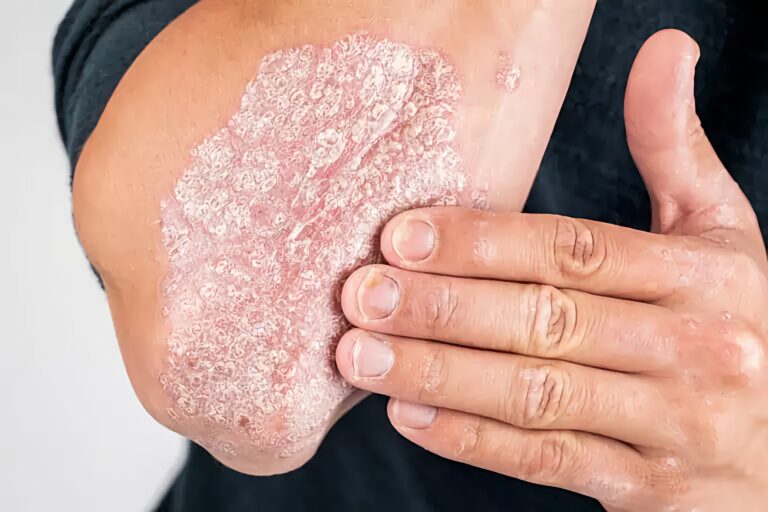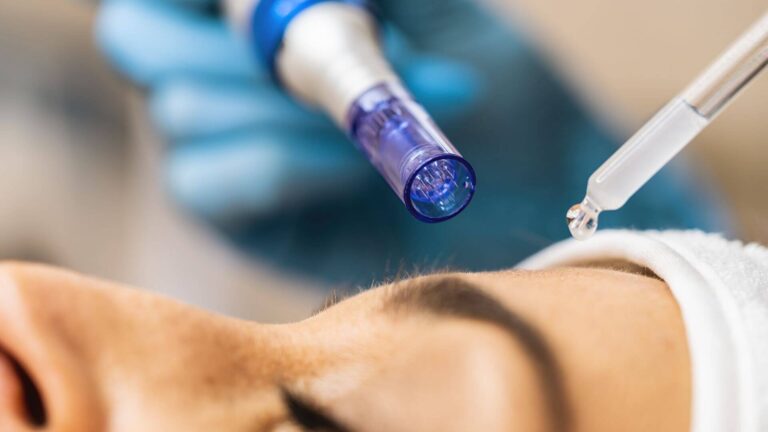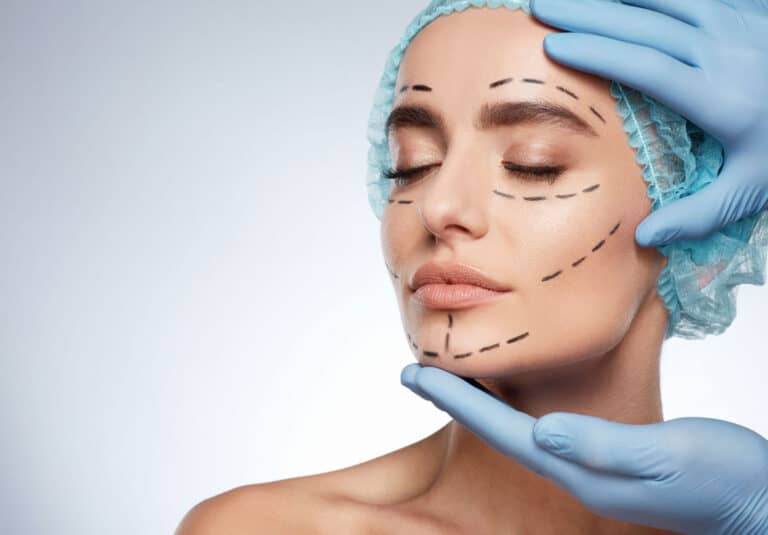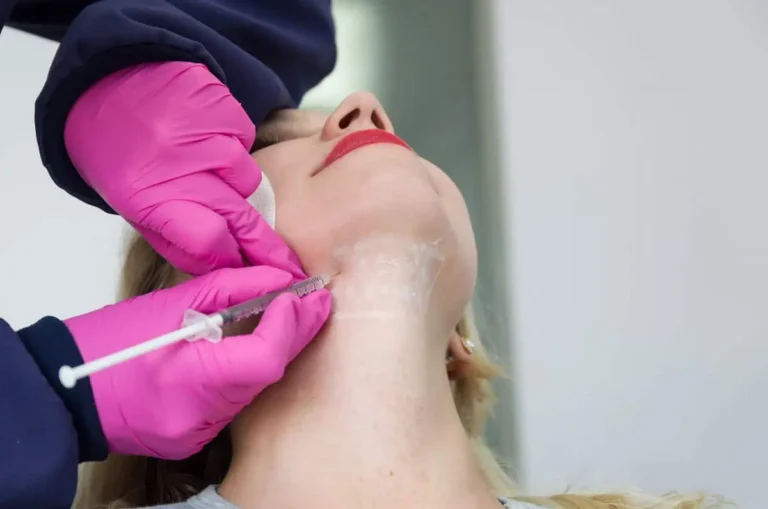Can Chemical Peels Help With Rosacea?

If you have rosacea, you may have explored different ways to manage this common skin condition. Chemical peels are gaining attention as a potential option for relieving rosacea symptoms. Understanding how they work can help you decide if they fit into your skincare routine.
Explaining Chemical Peels
Applying acid solutions to the skin helps remove damaged layers and boosts cellular turnover, a process known as chemical peels. These peels are categorized into three main types: superficial peels (using mild acids like glycolic or lactic acid), medium peels (typically using trichloroacetic acid), and deep peels (using phenol or strong acids). Each type addresses specific skin concerns and differs in intensity, downtime, and results.
The exfoliation process can help improve skin texture, reduce the appearance of fine lines, and address certain types of hyperpigmentation. Superficial peels are suitable for mild concerns and require little recovery time, while medium and deep peels offer more dramatic results but may involve longer healing periods. The effectiveness and safety of chemical peels depend on the specific type of peel used, the concentration of active ingredients, and the individual’s skin condition.
Proper aftercare is necessary following a chemical peel to maximize results and avoid complications. This includes protecting the skin from sun exposure, moisturizing regularly, and avoiding harsh skincare products during the recovery period. Consulting with a licensed skincare professional before starting a peel helps determine the best option for your skin type and needs. When applied correctly, chemical peels can be a useful tool in achieving healthier, rejuvenated skin.
Understanding Rosacea
Rosacea is a chronic inflammatory skin condition that primarily affects the face. It often appears as persistent redness, visible blood vessels, and, in some cases, small bumps or pustules. This condition affects people worldwide and can impact quality of life. Its visible nature and possibility of sudden flare-ups can be particularly challenging for those affected.
People with rosacea typically have sensitive skin that reacts strongly to various triggers. These triggers often include certain skincare products, environmental factors, and some treatments. Due to this sensitivity, it is necessary to approach skincare interventions, like chemical peels, with care. Professional guidance plays a key role in managing the condition safely.
Considering Alternative Approaches
Many people with rosacea find success by adopting gentler skincare routines. This often includes using mild, fragrance-free cleansers to avoid irritation. Applying a broad-spectrum sunscreen daily helps protect sensitive skin. Additionally, avoiding known triggers can help prevent flare-ups.
Some individuals benefit from gentle exfoliation methods, such as mild enzyme treatments or using soft washcloths. These options are often better tolerated than harsher peels. Focusing on barrier repair and incorporating anti-inflammatory skincare ingredients can also support healthier skin. These methods reduce the risk of irritation while promoting balanced, calm skin.
Take Care of Your Skin
Managing rosacea requires a personalized approach based on your symptoms, triggers, and skin sensitivity. While chemical peels may work for some under professional supervision, they aren’t suitable for everyone. Effective management often includes proper skincare, avoiding triggers, and consulting a healthcare provider for tailored treatments. Consistency in your routine is key to keeping symptoms under control.
- What to Expect When Visiting a Foot and Ankle Specialist
- Causes of PTSD
- The Link Between Plantar Fasciitis and Weight Gain: What You Need to Know
- How Pet Ownership Can Positively Impact Life with Fibromyalgia
- The Importance of Stretching and Flexibility in Sports Medicine
Dr. Emma Green is a health and wellness expert with over 10 years of experience in nutrition and fitness. Passionate about helping others live their healthiest lives, Dr. Green shares practical advice on wellness, nutrition, and sustainable living through LivingSpristine.






